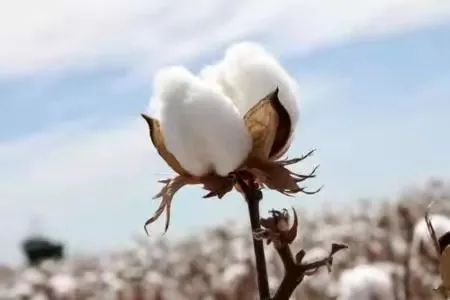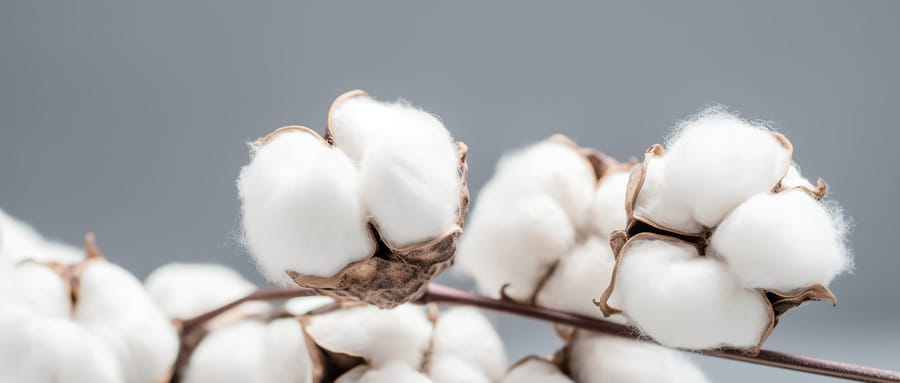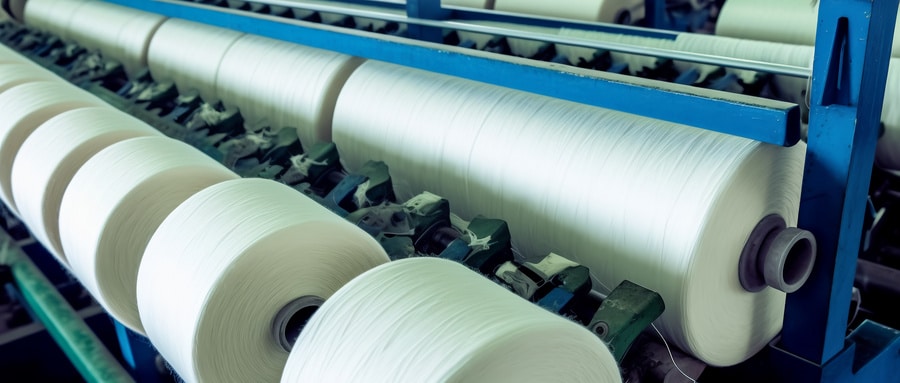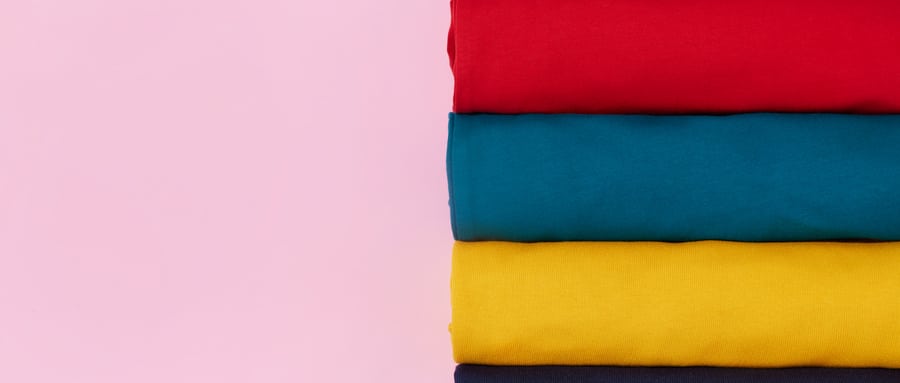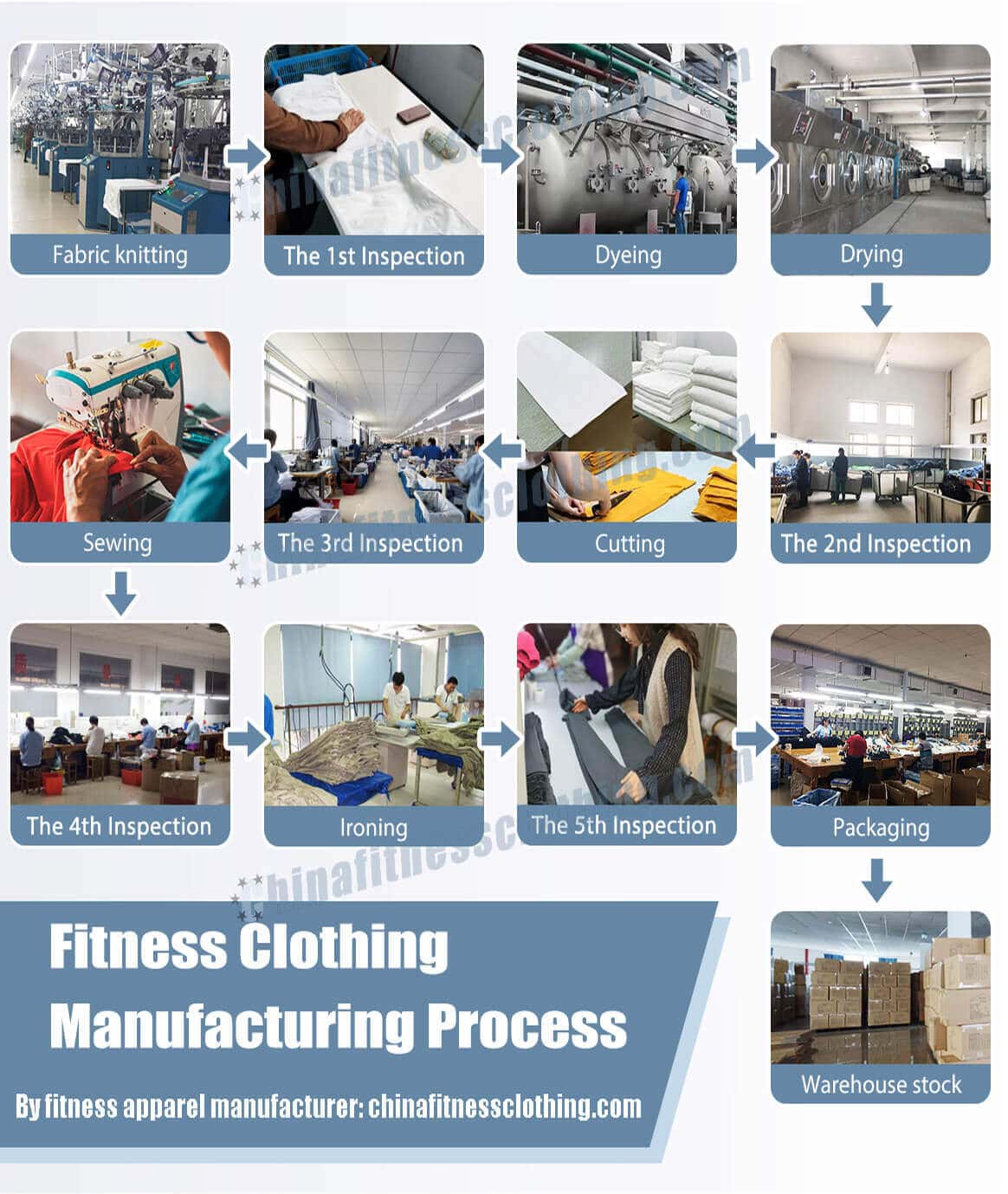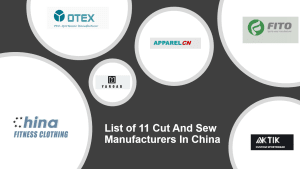Artificial cotton is the common name for viscose fiber, it also called synthetic cotton. Viscose fiber refers to α-cellulose extracted from cellulose raw materials such as wood and plant stalks, or artificial fiber made from cotton linter after processing into spinning dope and then wet spinning.
Artificial cotton is not grown from natural cotton, but is made by chemical synthesis. Artificial cotton is usually made of synthetic materials such as cellulose, polyester and nylon. It has a texture and appearance similar to cotton, but it is usually tougher and more durable than natural cotton. Artificial cotton is widely used in the textile industry, making clothes, home textiles, industrial supplies and so on.
Feature of Artificial Cotton
Man-made synthetic cotton is characterized by good dyeability, high brightness and fastness, comfortable wearing, dilute alkali resistance, and hygroscopicity close to cotton. The disadvantages are acid resistance, poor resilience and fatigue resistance, and low wet mechanical strength. It can be spun pure or blended with chemical fibers such as polyester. It is suitable for making seamless underwear combined with nylon, spandex, and other synthetic fibers.
To learn what synthetic cotton is, let’s see what is natural pure cotton first.
What is Pure Cotton Fabric?
Pure cotton fabric is made of cotton as raw material, which is interwoven by warp and weft yarns through a weaving machine. At present, according to the actual sources of processed cotton, it can be divided into the original cotton fabric and regenerated cotton fabric.
Features of Pure Cotton
1, Cotton fiber has good hygroscopicity.
In general, cotton fiber can absorb water into the surrounding atmosphere, and its moisture content is 8%-10%, so it feels soft and comfortable when human skin touches it. If the humidity of cotton fiber increases and the surrounding temperature is high, all the moisture of cotton fiber will evaporate. Keep the cotton fabric level, which also makes people feel comfortable.
2, Pure cotton fabric has good heat resistance.
At the same time, when the temperature is below 110℃, it will only cause the moisture on the fabric to evaporate, and will not damage the fiber. Therefore, cotton fibers will not be affected by washing when used at room temperature. Its heat resistance also improves the durability and washability of cotton fabrics.
3, Cotton fiber has strong resistance to alkali.
In an alkaline solution, cotton fiber will not be damaged, which reflects the alkali resistance of cotton fiber. Therefore, it is beneficial for the washing of pollution and disinfection of impurities after use.
4, Cotton fiber also shows hygiene.
Cotton fiber is a natural fiber, and its main components are natural elements, a small number of waxy substances, nitrogenous substances, and pectin. After testing and practice, cotton fiber has no irritation and side effects when it comes into contact with the skin, it is beneficial to the human body after long-term use, and its sanitary performance is good.
How to Distinguish Pure Cotton from Artificial Cotton?
1, Smoothness
Artificial cotton cloth, with a flat cloth surface, few yarn defects, no impurities, fine and smooth; However, cotton hulls and impurities can be seen on the surface of cotton cloth, and the smoothness is not as good as that of artificial cotton cloth.
2, Yarn evenness
The yarn count of synthetic cotton is even and there are few yarn defects; However, the evenness of pure cotton yarn is not as uniform as that of artificial cotton, especially for medium-coarse cloth.
3, Feeling
No matter how thick or thin the artificial cotton fabric is, most of it feels soft, while the cotton fabric feels a little rough.
4, Color
Artificial cotton cloth has good luster and color. Compared with cotton cloth, artificial cotton cloth is more bright and beautiful.
5, Wrinkle
Synthetic cotton is easy to wrinkle. When a handful of cloth is held by hand and spread out, many wrinkles appear, and it is not easy to recover in time. Although cotton is wrinkled, it is slightly more than artificial cotton.
6, Drapability
The drapability of artificial cotton is better than that of artificial cotton. Rayon clothing is compared with cotton clothing.
7, Strength
The strength of synthetic cotton cloth is lower than that of cotton cloth, especially in humid environments, and the fastness of artificial cotton cloth is poorer. When compared with silk drawn from the edge of the cloth, artificial cotton is more easily broken than cotton silk. Therefore, the texture of the artificial cotton cloth is mostly thicker and lighter than that of pure cotton hemp yarn.
8, Burning
Synthetic cotton is close to the flame and burns quickly. Just like we burn plastic, black smoke and curl melt. The lower the cotton content, the stronger the glue texture.
Cotton is close to the flame and does not shrink or melt. Contact with the flame, burning rapidly, the flame is orange with blue smoke. Leave the flame, continue to burn, burn paper and smell fewer ashes, showing a linear shape. The ash is soft and light gray, and it is easy to become powder when touched by hand.
Application Prospect of Synthetic Cotton
Artificial cotton is a kind of cotton substitute made of synthetic fibers. It has the appearance and feel similar to cotton, but it has better wear resistance and easy care compared with natural cotton.
Synthetic cotton has a very broad application prospect. The following are some possible application areas:
1. Textiles & clothing: Artificial cotton can be used to make various types of textiles, such as clothing, bedding and home textiles. It can replace natural cotton and provide better durability and easy care.
2. Medical supplies: Synthetic cotton can be used to manufacture medical supplies, such as medical gauze and dressings. It is soft, breathable and hygroscopic, and is very suitable for wound dressing.
3. Automobile interior: Artificial cotton can be used in automobile interior, such as seat cover and carriage interior. It can provide comfortable touch and durability.
4. Furniture: Synthetic cotton can be used to make furniture, such as sofas and mattresses. It can provide comfortable sitting feeling and durability.
5. Personal care products: Synthetic cotton can be used to manufacture personal care products such as sanitary napkins and diapers. It has soft, breathable and hygroscopic properties, and is very suitable for skin contact products.

